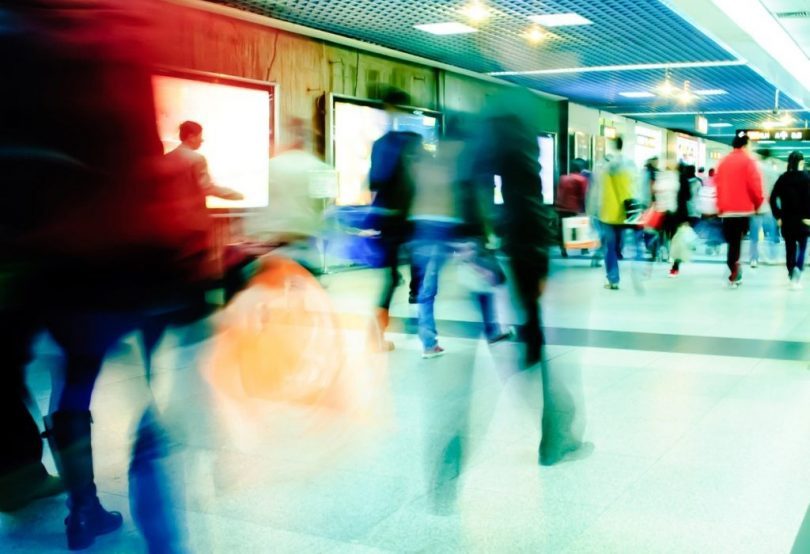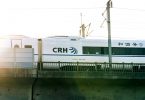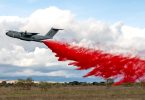This event offers a high-level discussion on how European countries are working to shift to zero-emission heavy-duty transport
As demand for freight transport grows, making the global fleet of on-road freight vehicles both cleaner and more fuel-efficient is an increasingly urgent task. Most heavy-duty vehicles are powered by diesel engines that, especially in older models, can emit high levels of particulates, nitrogen oxides, and other pollutants that cause both chronic disease and premature death, especially in urban areas and among the most vulnerable populations. And HDVs are responsible for an increasing proportion of total carbon emissions from the transportation sector, as light-duty vehicles become more fuel efficient thanks in part to the pressure from farsighted regulatory policy.
Achieving a cleaner freight transport system will depend not only on a similarly farsighted approach to regulating vehicle emissions and efficiency, but also on developing an effective model for systemic change that includes measures to shift freight to the most sustainable modes and optimize supply chain activity.
This event, hosted by the International Council on Clean Transportation and the Oeko-Institut, offers a high-level discussion on how European countries are working to shift to zero-emission heavy-duty transport. The event will feature technical analyses of zero-emission technologies and explore how these efforts at the national level can be scaled up to a European level, helping to achieve climate change, air quality, and clean energy goals. Full agenda and description at Scribd website.
Space is limited. Please RSVP by email to ZEHDV@oeko.de. For further questions please contact Sandra Wappelhorst by email at ZEHDV@oeko.de or by phone at +49 (30) 847129-126.
The event is hosted in the course of projects supported by the Ministry for the Environment, Nature Conservation and Nuclear Safety of Germany.
Source: www.theicct.org





